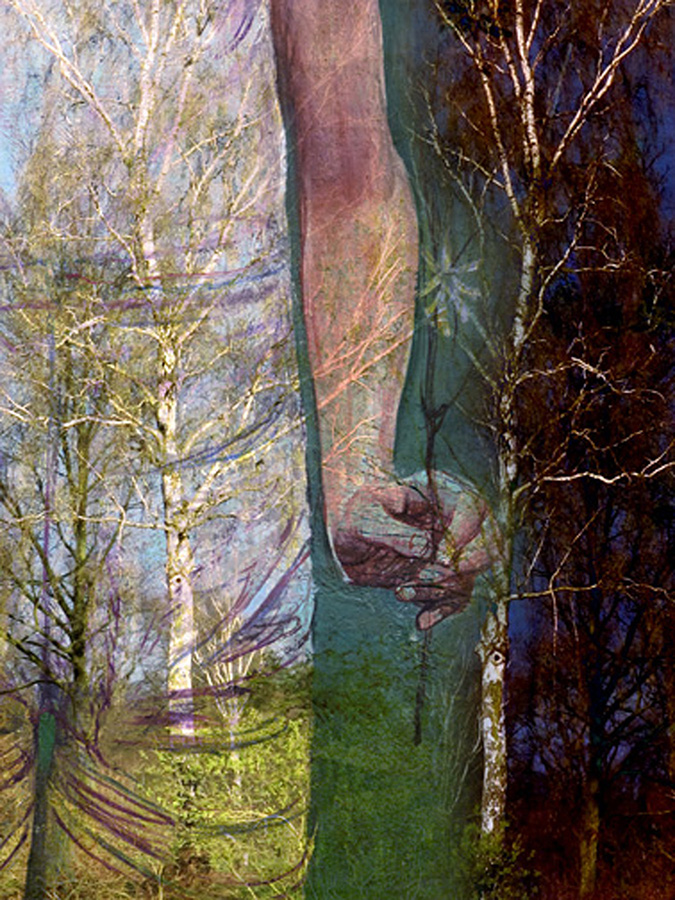This is for the kids who die,
Black and white,
For kids will die certainly.
The old and rich will live on awhile,
As always,
Eating blood and gold,
Letting kids die.
Kids will die in the swamps of Mississippi
Organizing sharecroppers
Kids will die in the streets of Chicago
Organizing workers
Kids will die in the orange groves of California
Telling others to get together
Whites and Filipinos,
Negroes and Mexicans,
All kinds of kids will die
Who don’t believe in lies, and bribes, and contentment
And a lousy peace.
Of course, the wise and the learned
Who pen editorials in the papers,
And the gentlemen with Dr. in front of their names
White and black,
Who make surveys and write books
Will live on weaving words to smother the kids who die,
And the sleazy courts,
And the bribe-reaching police,
And the blood-loving generals,
And the money-loving preachers
Will all raise their hands against the kids who die,
Beating them with laws and clubs and bayonets and bullets
To frighten the people—
For the kids who die are like iron in the blood of the people—
And the old and rich don’t want the people
To taste the iron of the kids who die,
Don’t want the people to get wise to their own power,
To believe an Angelo Herndon, or even get together
Listen, kids who die—
Maybe, now, there will be no monument for you
Except in our hearts
Maybe your bodies’ll be lost in a swamp
Or a prison grave, or the potter’s field,
Or the rivers where you’re drowned like Leibknecht
But the day will come—
You are sure yourselves that it is coming—
When the marching feet of the masses
Will raise for you a living monument of love,
And joy, and laughter,
And black hands and white hands clasped as one,
And a song that reaches the sky—
The song of the life triumphant
Through the kids who die.
I had said I’m taking the week off, and I am. But could not think about yesterday’s massacre in Texas without thinking of this poem, and the insistence on life triumphant in the last lines, a defiant – helpless- cry, wrapped in hope. Needed to share it.
The powers that be in this country tolerate that guns are the highest cause of death for kids in this nation. 27 school shootings in the first 5 months of this year alone. The powers that be are content to see money from weapons flow into certain coffers, their own included. I am not even listing the ones that got NRA donations in the tens of thousands, just the ones overt a million.


But the powers that (want to) be are interested in more than money, and that is important to remember. We will not see any significant change because mass death primes for authoritarianism. As Ruth Ben-Ghiat explains, systemic gun violence is part of a Republican political design to destabilize American society. Her recent essay in the Washington Post spells out in great detail how transforming public schools into death traps is tolerated as part of a deliberate strategy to create an atmosphere of fear and suspicion conducive to survivalist mentalities and support for illiberal politics.
Let Langston Hughes be right, a day will come where the song of life triumphant will rise to the sky, a monument to all the lost kids. But in whose lifetime?











